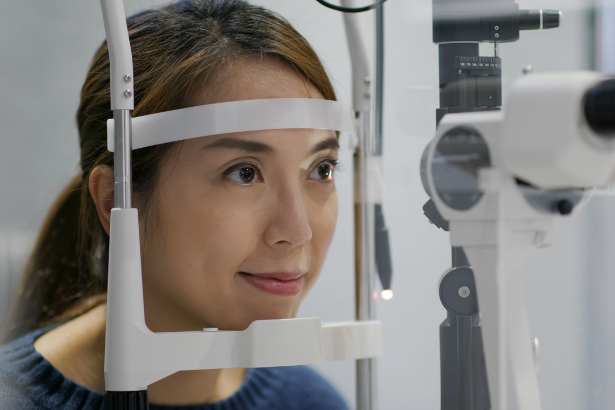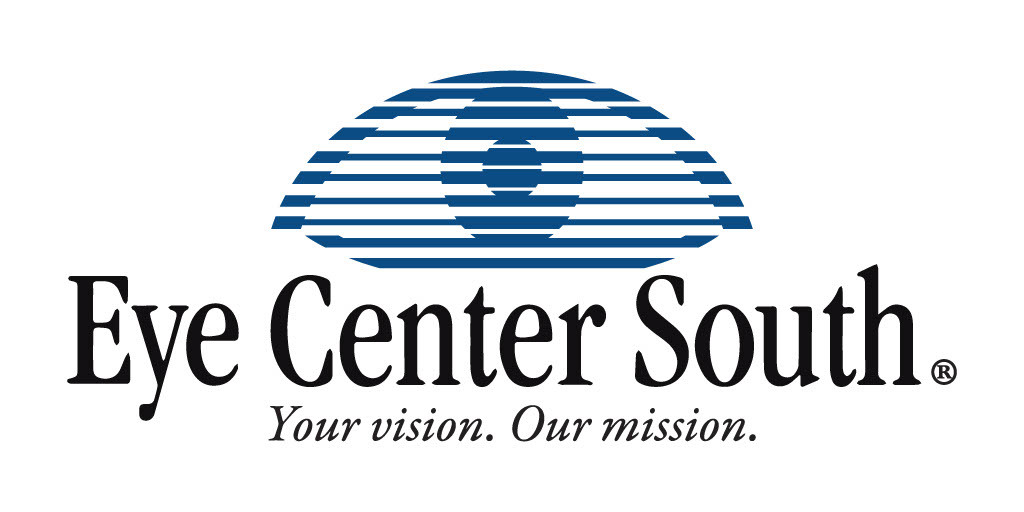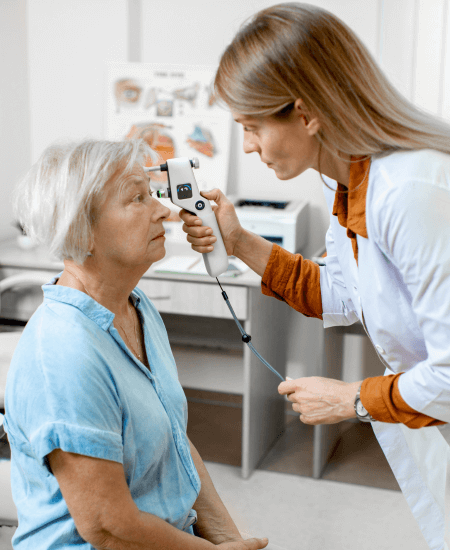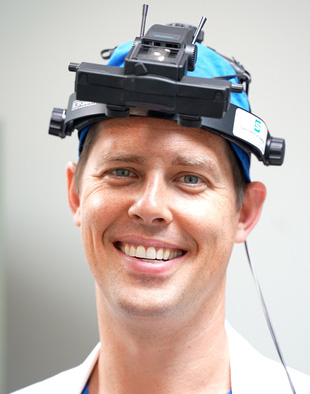Your eyes and heart are more connected than you might think. In fact, changes in your eyes can signal underlying heart issues—sometimes before you notice other symptoms. Understanding this connection can help you better protect both your heart and your vision in the long run.

How Your Eyes Reflect Heart Health
During a comprehensive eye exam, an eye doctor can observe various signs that may indicate cardiovascular issues. Some of the most common indicators include:
- High Blood Pressure Signs: When blood pressure is too high, it can cause damage to the tiny blood vessels in your eyes. A narrow or damaged retinal blood vessel could be a warning sign of high blood pressure. In some cases, fluid or blood may leak from these vessels, affecting the retina and threatening vision.
- High Cholesterol Indicators: The buildup of cholesterol can restrict blood flow in the retinal arteries. If the eye doctor notices yellowish deposits or other abnormalities in the blood vessels of the retina, it might be a sign of elevated cholesterol levels.
- Diabetes-Related Damage: People with unmanaged diabetes may develop tiny aneurysms or experience bleeding in the retina. This damage is caused by fluctuating blood sugar levels that affect the blood vessels in the eyes.
Eye Conditions Linked to Heart Healt
Certain eye diseases are connected to cardiovascular health:
- Age-Related Macular Degeneration (AMD): This condition affects central vision and can lead to blindness in older adults. One potential contributor to AMD is reduced blood flow to the retina, which is closely linked to heart health. Individuals with poor cardiovascular health may be at higher risk for developing AMD.
- Diabetic Retinopathy: When blood sugar levels are uncontrolled, the small blood vessels in the retina can be damaged, resulting in diabetic retinopathy. This condition not only affects your vision but is also a sign of broader cardiovascular risk, as diabetes significantly increases the likelihood of heart disease.
- Hypertensive Retinopathy: High blood pressure can also damage the blood vessels in the retina, leading to hypertensive retinopathy. This condition can cause blurred vision, and in severe cases, it may lead to vision loss.
- Retinal Vein Occlusion: This occurs when a blockage forms in one of the retinal veins and could be caused by high blood pressure or high cholesterol. When these veins become blocked, it can cause blood to pool in the retina, leading to swelling, blurred vision, or even permanent damage.
Protecting Both Your Heart and Eyes
Protecting your heart also supports your eyes. Here’s how:
- Eat Well and Exercise Regularly: A balanced diet and consistent physical activity improve circulation and reduce risks.
- Manage Chronic Conditions: Controlling diabetes, hypertension, and cholesterol protects your heart and vision.
- Get Routine Eye Exams: These checkups go beyond vision—they help identify signs of broader health concerns.
Your eyes aren’t just windows to your vision; they’re windows to your overall health, especially your heart. Don’t wait for symptoms to appear—take proactive steps today to safeguard your long-term health. Whether you’re managing chronic conditions or just looking to stay ahead of potential risks, our ophthalmologists are here to help. Request an appointment at Eye Center South!






